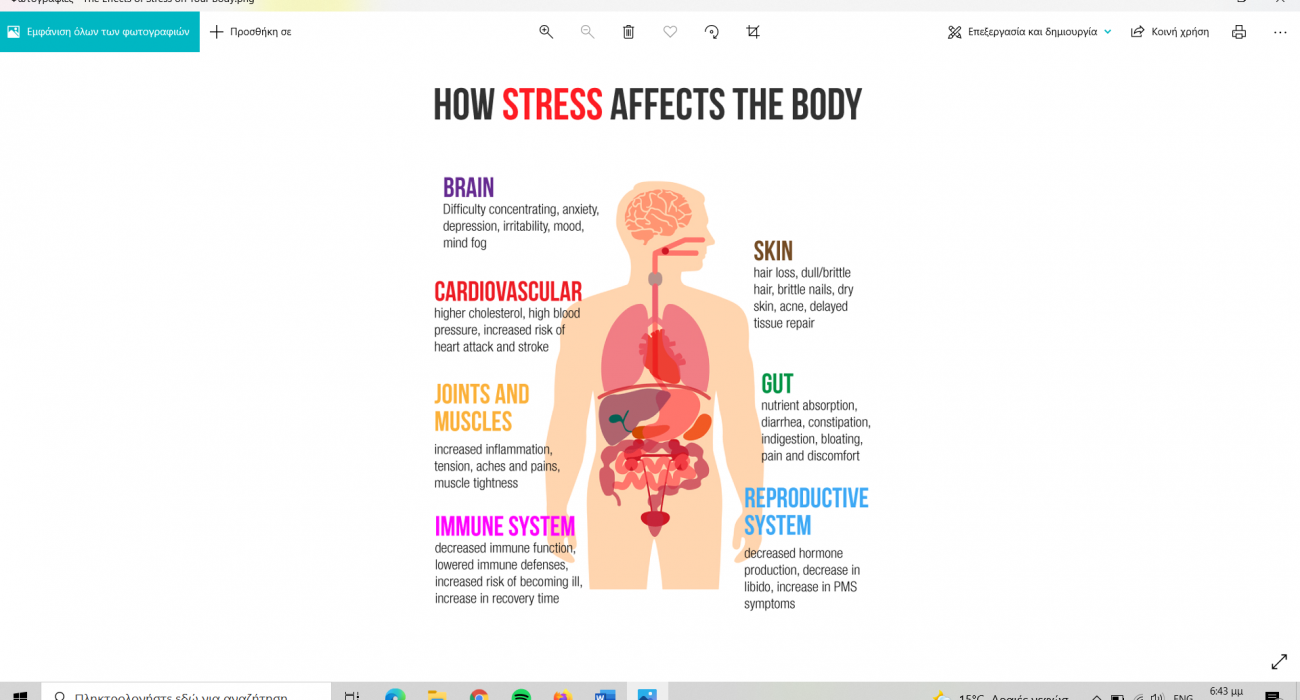Stress and Your Health
How Stress Management Helps Fight Disease Skeptics have long believed that meditation and other stress reduction techniques are nice but ineffectual practices that do little for you. Nothing could be further from the truth—and now we have the science to prove it. The effects of chronic stress on the body There is little doubt that chronic stress has harmful effects on the body, and it acts in multiple ways. To begin with, the ripple effects of stress undermine healthy behavior. If you’ve ever powered your way through a taxing day on a fistful of candy bars and cigarettes, you understand...







